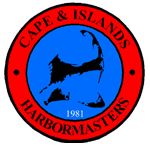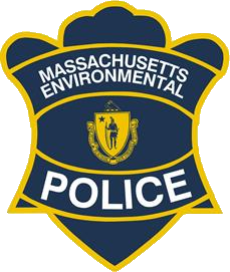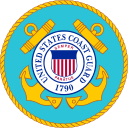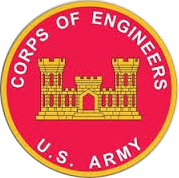- Details
- Last Updated: 05 November 2020 05 November 2020
 The history of Hyannis and the Town of Barnstable is rich and colorful, from the first explorer to yesterday. We recognize our history and have worked hard to preserve many of the historic monuments and homes in our town. Today they provide a vital and stimulating segment of our daily activities.
The history of Hyannis and the Town of Barnstable is rich and colorful, from the first explorer to yesterday. We recognize our history and have worked hard to preserve many of the historic monuments and homes in our town. Today they provide a vital and stimulating segment of our daily activities.
In 1602 Capt. Bartholomew Gosnold was the first of the Old World explorers to view the area now known as Hyannis. Settlers from England incorporated the Town of Barnstable in 1639.
In 1666 Nicholas Davis, first settler and businessman, built his warehouse for pickling oysters in brine, on Lewis Bay at the foot of what is now Pleasant Street.
In 1690 Edward Coleman, Jr. built the first permanent residence at the head of Lewis Bay. John Thatcher provided the first mail trip to Boston. Salary: one dollar per day. The early settlers of the Town of Barnstable were primarily farmers who turned toward the sea. The maritime harvest was plentiful, for frequently there were drift whales on our beaches. By the close of the 19th century, over 800 shipmasters sailed worldwide from the homeport of Barnstable, Massachusetts. Many of these brave mariners established strong family ties in our area, and their descendents are still vital, well-known members of our community today.
From the days of the earliest settlements the Indian Sachem Yanno or Iyanno, for whom Hyannis is named, sold the area presently known as Hyannis as far as Craigville for 20 pounds and two small pairs of pants. Until the advent of railroads and steamships, life on the seas greatly determined the growth of the Town of Barnstable. By 1830, Hyannis center contained one house of worship, the Baptist Church on Bearse's Way (now known as Main Street), four schoolhouses, two or three stores and a tavern.
Over 200 shipmasters had established dwellings in Hyannis and "the Port" by 1840. By this date the salt works was also an important industry.
July 8, 1854 was a most important date for the residents of our area, when the first railroad cars reached Hyannis, signaling the development of intensive trade and expanded business activity. After the Civil War, the rail lines and steam tugs marked the end of the schooner era.




